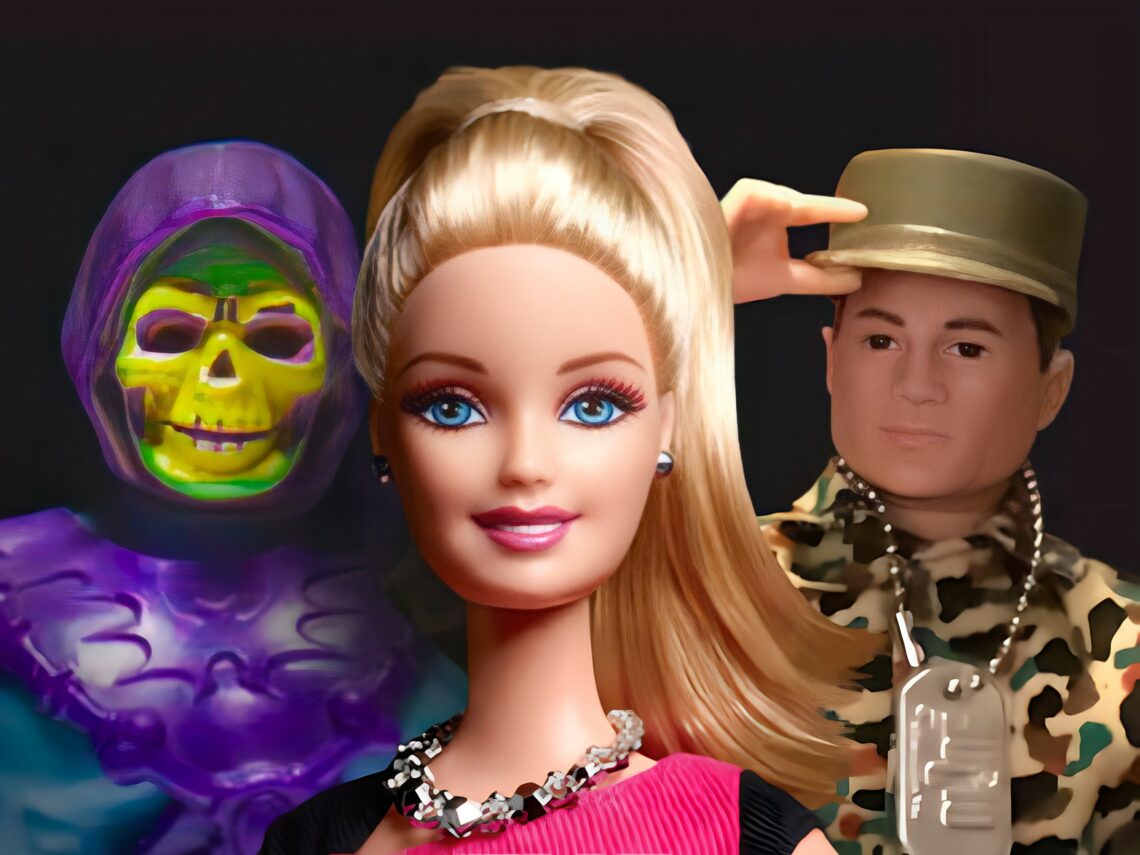The iconic Barbie doll has equally mesmerised kids and collectors worldwide since its debut in 1959. However, behind the candyfloss world of Barbie lies the story of its creator, Ruth Handler.
Handler was a woman with a vision to change the toy industry forever. While the Netflix docuseries The Toys That Made Us sheds light on the journey of Barbie, it also reveals the fascinating but controversial life of Handler. From her groundbreaking invention to the dark chapters of tax fraud accusations, Handler’s life was nothing short of intriguing.
Ruth Handler’s inspiration for Barbie came from her observations of her daughter, Barbara, playing with paper dolls. She noticed how children projected their future selves onto these dolls and envisioned a toy that would allow girls to dream big. In a market dominated by baby dolls, Ruth believed that girls needed a doll that represented grown-up aspirations. In 1959, Barbie Teen-Age Fashion Model, named after her daughter, was unveiled at the American Toy Fair in New York City. With her striking figure and numerous career choices, Barbie quickly became a sensation, sparking imaginations and setting a new standard in the toy industry.
In addition to having multiple careers, Barbie owned her own home (and it was pink) long before it was legal for women to do so in America. The fact that she never married, had multiple partners, and remained a childfree icon at a time when women were confined to certain domestic roles made her even more of a feminist win presented by corporate America.
Of course, Barbie’s looks have been a point of contention for many, as has been her liberalisation through very anti-Marxist courses of action. But that is a symptom of capitalist feminism, which is ultimately exploitative at its core.
While Handler was celebrated for her contributions to the toy industry, her success wasn’t without controversy. In the 1970s, Mattel faced financial troubles, and reports surfaced that company executives had falsified financial records to present a more robust financial picture. Ruth Handler, who served as Mattel’s first president, resigned in 1973 amid these issues. Subsequently, a grand jury accused her and other former Mattel executives of conspiracy, fraud, and false reporting to the Securities and Exchange Commission. According to the New York Times, Handler eventually pleaded no contest and received a fine of $57,000 and a community service sentence of 2,500 hours.
Amidst the turmoil at Mattel, Handler also had to battle personal health issues. In 1970, she was diagnosed with breast cancer and underwent a mastectomy. After her recovery, she founded the Ruthton Corporation, marketing silicone breasts for mastectomy patients, including former First Lady Betty Ford. Handler was never one to shy away from addressing her experiences openly and with humour, using her personal story as a marketing tool for her innovations.
Despite her challenges, Handler’s entrepreneurial spirit remained undeterred. She continued to make significant contributions in her professional endeavours even after parting ways with Mattel. Ruth passed away at 85 in 2002, leaving behind a lasting legacy that extended beyond the creation of Barbie.
The creation of Barbie will forever be Handler’s crowning achievement. As we celebrate Barbie’s enduring legacy, with Greta Gerwig’s summer blockbuster Barbie, we must also remember the complex woman behind the doll.
